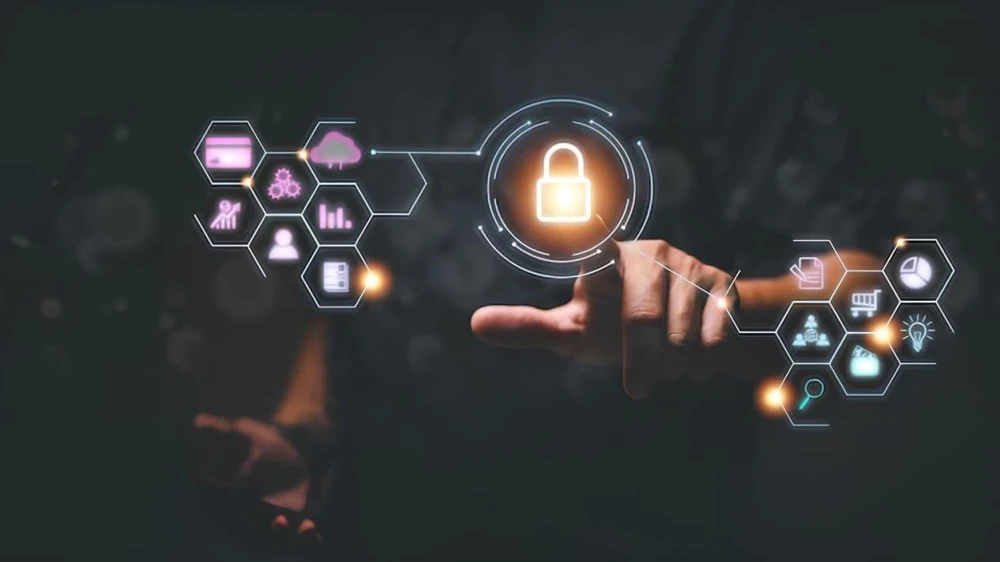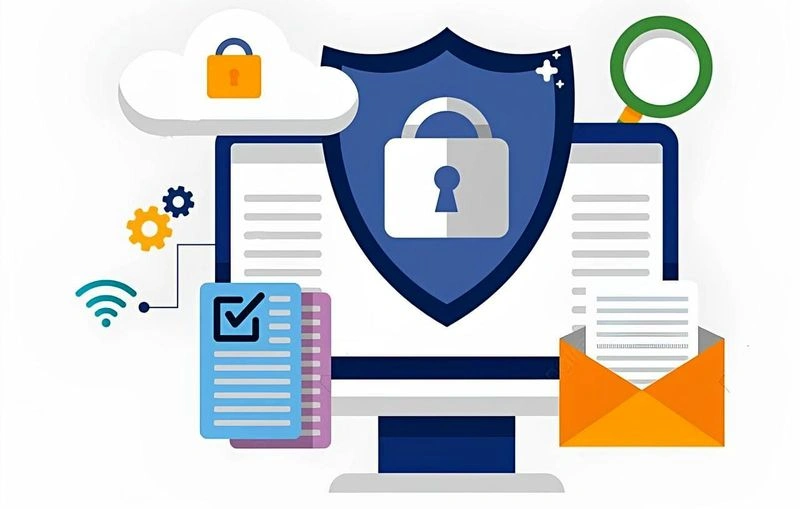What is internet security and why does it matter to every user?
14.09.2025

The internet has long ceased to be just a tool for information exchange. Today, it’s a global ecosystem where millions of people work, study, shop, and communicate every day. But with convenience comes a new set of risks—privacy breaches, data leaks, and cyberattacks. That’s where the crucial concept of internet security comes in.
Internet security refers to a range of measures, technologies, and practices designed to make the online world safe for every user. It’s not just about protecting computers and smartphones—it’s about preserving trust and preventing threats to both personal and professional lives.
A brief history: The origins of internet security
When the first internet prototypes emerged in the late 20th century, their main goal was sharing information between universities and research centers. At the time, global security wasn’t a major concern.
As user numbers grew, so did the first cases of hacking and virus attacks. These incidents sparked the development of antivirus software and early data protection systems. Since then, internet security has evolved into a specialized field combining elements of cybernetics, psychology, and even legal frameworks.
Today, a secure internet is the result of decades of work by experts who’ve developed encryption protocols, content filtering systems, and advanced data protection methods.
Key features of internet security
The defining feature of internet security is that it’s never static. Technology evolves rapidly, and so do the threats. What worked yesterday may be obsolete today.
Core Characteristics:
- Constant Updates — Regular software and operating system patches are essential.
- Comprehensive Approach — Combining antivirus tools, firewalls, VPNs, and encryption systems.
- User Responsibility — No software can protect you if you click on suspicious links or download risky files.
In short, internet security is a dynamic system requiring constant vigilance and adaptability.
Staying safe online: Why internet security is your responsibility
Many users mistakenly believe that security is solely the job of internet providers or app developers. In reality, everyone is responsible for safeguarding their own data.
A stolen password, a scam call, or a malicious email can lead to serious consequences. Even if it’s just personal messages or photos, having them fall into the wrong hands can damage your reputation and cause emotional distress.
It’s crucial to understand: a secure internet starts with mindful user behaviour. Strong passwords, two-factor authentication, and careful handling of digital information form the foundation of personal protection.
Internet security: A complete guide for every user
To feel confident online, follow these simple but effective tips:
- Use unique passwords for different accounts.
- Keep your devices and apps updated regularly.
- Avoid clicking on suspicious links.
- Set up regular data backups.
- Review app permissions carefully.
These steps build a strong security foundation. Even a beginner can significantly reduce risks by putting these tips into practice.

Digital threats: Modern challenges in internet security
Today’s online threats are far more sophisticated than the viruses of the past. Key risks include:
- Phishing — Fraudulent emails and websites disguised as legitimate services.
- Malware — Spyware and other malicious apps that steal data from devices.
- Social Engineering — Tactics that exploit human trust or inattention to gain access to information.
These threats endanger both individuals and businesses. Staying informed about emerging trends is essential for staying protected.
Internet security for parents: Protecting yourself and your children
Children today go online at increasingly younger ages, making digital safety a top priority for parents.
Key steps include:
- Setting up parental controls.
- Teaching kids the basics of safe online communication.
- Blocking access to questionable websites.
- Talking to your child about risks like scams and cyberbullying.
It’s not enough to rely on technical filters—fostering critical thinking in children helps build responsible online habits that last a lifetime.
Simple habits that keep you safe online
Internet security starts with discipline. Here are a few easy habits to adopt:
- Always log out of accounts on shared or public devices.
- Download apps only from official app stores.
- Double-check website URLs before entering personal information.
- Regularly clear your browser history and cache.
- Enable two-factor authentication (2FA) wherever possible.
These habits act as your first line of defence and greatly reduce the risk of cyberattacks.
Conclusion
Internet security isn’t a passing trend—it’s a necessity in today’s world. In an age where personal data is more valuable than cash, everyone must take responsibility for their digital safety.
A secure internet depends on shared responsibility: governments, companies, and individual users all play a role. But personal habits and awareness remain the most powerful tools for protection.
The sooner we treat internet security as part of daily life, the safer our digital future will be.